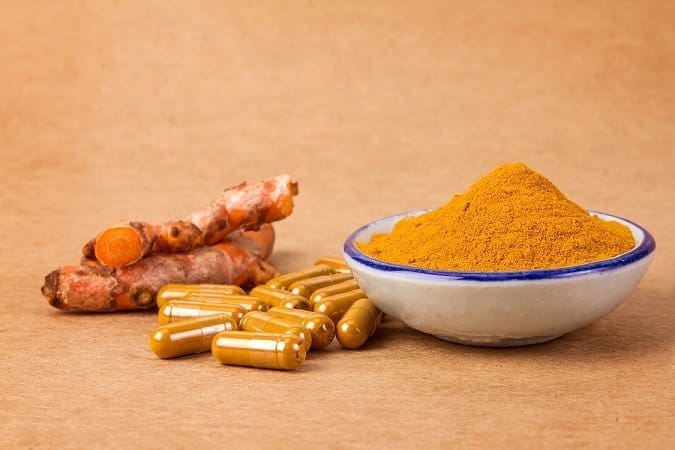WARNING: Herbal supplement caused life-threatening condition in man taking warfarin

People taking the drug warfarin are urgently being reminded to consult with their doctor before taking any herbal or plant-based supplements after a New Zealand man recorded a blood clotting ratio (INR*) 10 times the safe level after taking curcumin.
Curcumin is found in turmeric, however CARM is quick to point out that the warning does not apply to culinary turmeric used in cooking.
Queensland Compounding Pharmacist, Matthew Bellgrove from National Custom Compounding said, while warfarin was an effective anti-blood clotting drug, it was also very powerful and did not react well with some supplements, prescription medicines and even food.
“Tumeric itself is one of the ‘superfoods’, it has fantastic anti-inflammatory and antioxidant properties and has been used for thousands of years in India as a mild pain reliever and to treat conditions like arthritis and liver conditions.” Mr Bellgrove said, “If you currently enjoy turmeric in your curries or in herbal tea, continue doing so.”
“However we’re advising people on warfarin to carefully check the ingredients in any herbal supplements they might be taking. Extracted curcumin in its concentrated form is what you need to be looking for.”
New Zealand’s Centre for Adverse Reaction Monitoring (CARM) released the warning, citing the case of a patient on warfarin who recorded an extremely dangerous INR over 10.0, several weeks after he began taking a herbal supplement containing curcumin.
An INR of 1.1 or below is considered normal, while an INR of 2.0 – 3.0 requires medical intervention. An INR over 10 indicates a risk of severe bleeding which can be life-threatening.
Mr Bellgrove said he wanted to remind the public that warfarin, and any prescription medicine, had the potential to react adversely when combined with some things usually considered harmless.
“It’s not just herbal supplements – the government’s NPS Medicinewise recommends that warfarin users also limit their consumption of cranberry juice and garlic due to the risk of an adverse reaction”, Mr Bellgrove said.
“Always check with your doctor or pharmacist before introducing a new medication or herbal supplement into your health care routine,” Mr Bellgrove said, “They have the specialist knowledge to advise whether it’s safe to do so.
